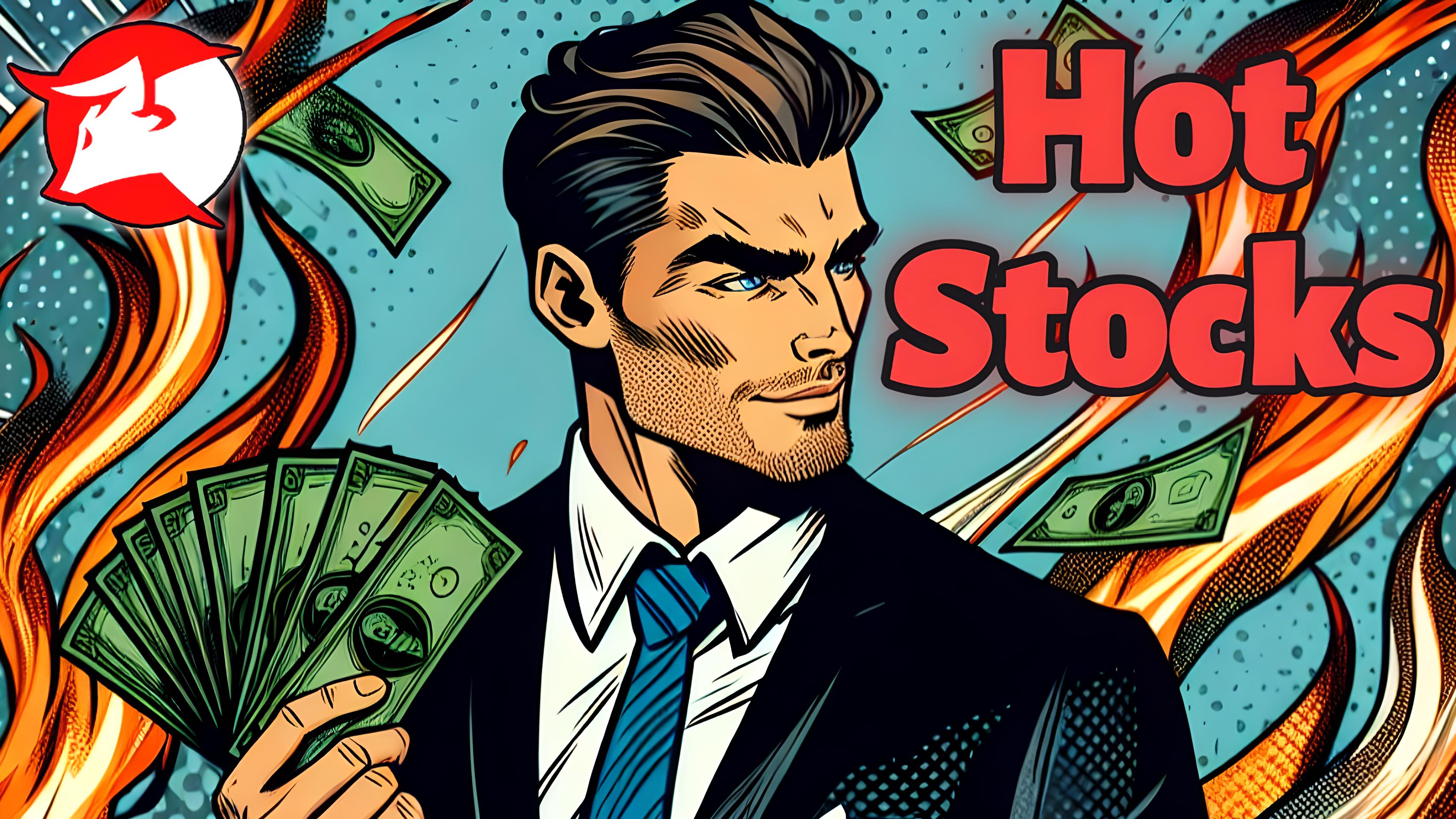What a difference two years can make. In the months leading up to cannabis legalization, speculators were promoting a green gold rush to the masses. Rosy predictions foretold the mass abandonment of the black market and the emergence of new users.Then October 2018 came. While feelings of jubilation (and clouds of skunky smoke) were in the air, sales quickly flattened. Halfway through 2019, it became clear – the boom was nowhere to be seen.What the heck happened? Experts have offered many theories. Some claim high prices encouraged regulars to stick with their dealers. Meanwhile, others blamed speculative reports that drove wildly unrealistic expectations.You can’t deny today’s reality – overproduction has led to a glut of cannabis and CBD products. This glut led to lower prices, which in turn caused many CBD companies to experience cash crunches.As a result, investors have hammered the stock valuations of most publicly-traded cannabis companies. The biggest firms have lost two-thirds to more than 90% of their value, peak-to-trough.As bad as that sounds, though, all gluts come to an end. Is now the time to buy? In this report, we’ll evaluate the top CBD oil producers in Canada.[embed]https://www.youtube.com/watch?v=dKjT-CqIIeg[/embed]
Canopy Growth Corporation (WEED:TSE)
To the average layperson, it would appear the world’s largest cannabis firm has taken a turn for the worse. In early December, Canopy Growth announced significant production cuts, dropping five facilities across Canada.Two hundred twenty workers will lose their jobs – the latest casualties of the Great Cannabis Glut. As sad as it is to say, this move was long overdue. As the industry’s biggest producer, cutting back production will go a long way to re-balancing the industry. Furthermore, analysts expect these moves will save Canopy 200 million CAD.That’s a huge shot of cash. With this extra capital, they are now free to invest in products with a proven track record. They can also invest in processes that will drive down production costs. In a marketplace where producers are growing bud for less than 1 CAD/gram, this is essential.Lastly, Canopy now has cash for marketing efforts. With a growing portfolio of CBD oil products, they can further extend awareness of their brand. So far, their 2020 performance speaks for itself. As competitors have languished, WEED has risen 150% since the COVID crash.Add their latest right-sizing measures to the mix, and we’re hitting the buy button.
Tilray (TLRY:NASDAQ)
As bad as the price landscape is in the cannabis industry, it’s even worse in the medical sub-sector. A recent BNNBloomberg analysis underlined the situation – of the 507 licensed producers in Canada, almost 450 are suppliers of medicinal cannabis.This traffic jam is mostly responsible for the glut that now exists. Even Tilray, Canada’s largest producer of medicinal cannabis products, struggled to eke out 0.6% YoY revenue growth in the most recent reporting period.Even if oversupply issues somehow begin to ease in 2021, Tilray faces additional barriers to growth. Despite leading the medical cannabis space, they are still reporting net losses. It’s a positive sign that they’ve managed to reduce their Q3 2020 net loss to 2.3 million CAD – that’s dramatically less than their 81.7 million CAD loss in Q2. But, the fact that restructuring efforts have yet to deliver profits is discouraging.And, even if they start turning a profit soon, they’ll then have to deal with their massive debt load. According to recent reports, Tilray owes nearly half a billion USD in senior/convertible debt.Many point to TLRY’s peak-to-trough 2020 performance as an encouraging sign. While its price has more than doubled since March 2020, it’s still 60% below its 2020 high. Unless the Biden Administration shows signs they will legalize cannabis federally, we don’t recommend buying. If you have TLRY already, hold it.
Aurora Cannabis (ACB:TSE)
Alongside Canopy Growth, Aurora is the other big “household name” in the Canadian cannabis industry. However, unlike Canopy, ACB is nowhere near where they need to be to achieve significant near-term growth.To be clear, the Aurora board made positive strides over the past year. They showed the last management team the door and hired executives who began to slash unproductive assets. However, despite these efforts, they continue to bleed cash. In Q4 2020, they lost 1.8 billion CAD – the steepest loss in the history of the Canadian cannabis industry.Aurora executives attributed the loss to devalued assets and goodwill write-downs. On top of this, they continue to issue stock through ATM offerings. While these issuances have raised capital for Aurora, they have diluted the value of existing shares. Over the past six years, their count has ballooned an eye-watering 11,800%.Like other Canadian cannabis stocks, Aurora has gotten a bump from the November election. But, this development is unlikely to help Aurora – unlike their competitors, they don’t produce products in America. Unless Biden legalizes cannabis federally, Aurora won’t be able to access newly legal markets like New Jersey.Here’s the cold, hard truth – if you cut out the election bump, ACB fell 50% from May to October. But wait – it gets worse. After reporting better-than-expected results earlier in the year, ACB soared to 16 USD in May. By late October, that price had fallen by 75%.Aurora has a long way to go before they achieve profitability or even stability. As such, we rate ACB as a sell.
Isodiol International (ISOL:CNSX)
Unlike the above companies, Isodiol doesn’t have name recognition among cannabis investors. What do they do? Headquartered in Vancouver, Isodiol International is a manufacturer of hemp-derived CBD oil.However, it’s hard to find Isodiol CBD oil on cannabis store shelves. Most of the CBD they sell is through white-label brands. For example, Rapid CBD and CannaCeuticals are just a couple of providers that get their CBD from Isodiol.Sounds like a good business model, yes? Potentially, but that has nothing to do with how Isodiol’s directors have run the company. Over the years, wild swings in revenue, share dilution, and other poor markers of corporate governance have tripped up ISOL’s growth.In 2020, delayed financial document filings and plunging revenues have caused their latest price plunge. For what’s its worth, management says they are “restructuring”. At one point in 2017, ISOL stock soared to 18 CAD. Now, it’s a penny stock worth just 0.04 CAD.If you feel like gambling, ISOL could be a YOLO buy. Otherwise, we recommend avoiding it.
Do Your Own Research
If you call Canada home, don’t just read our reports – try the above-listed products for yourself. However, while the availability of CBD oil in Canada is improving every day, it can still be tricky to find.That’s why many Canadians use search terms like “CBD oil near me” to find local CBD retailers. Shopping locally for the first purchase lets consumers get answers to their many questions. When buying online in Canada, there is a larger selection of edibles such as CBD gummies, CBD pet products, topical creams, and of course tinctures.By using resources that compare products, you’ll have all the info needed to make informed CBD investment decisions. With fast shipping with Canada Post’s Xpresspost, it’s no surprise most of the sales in the cannabis market are taking place online. In the future, many sophisticated suppliers will even start offering same-day shipping in most major cities.Image by David Mark from Pixabay









